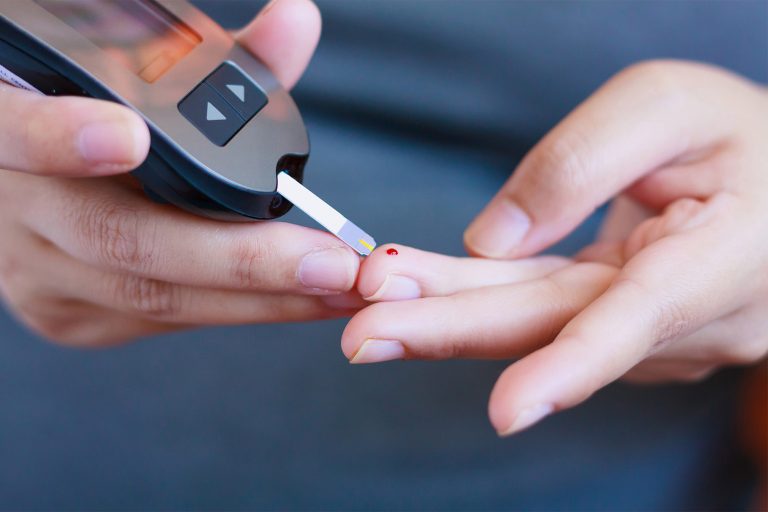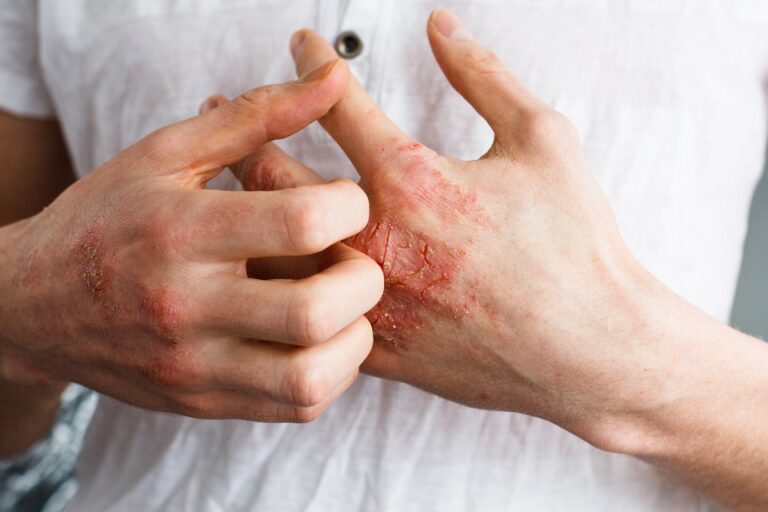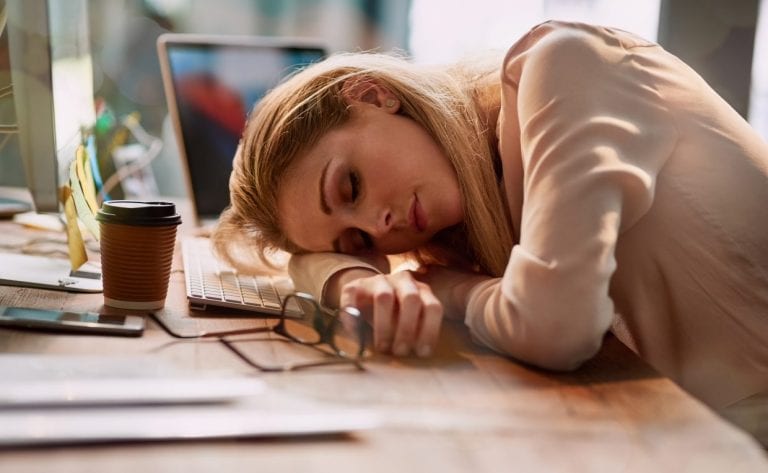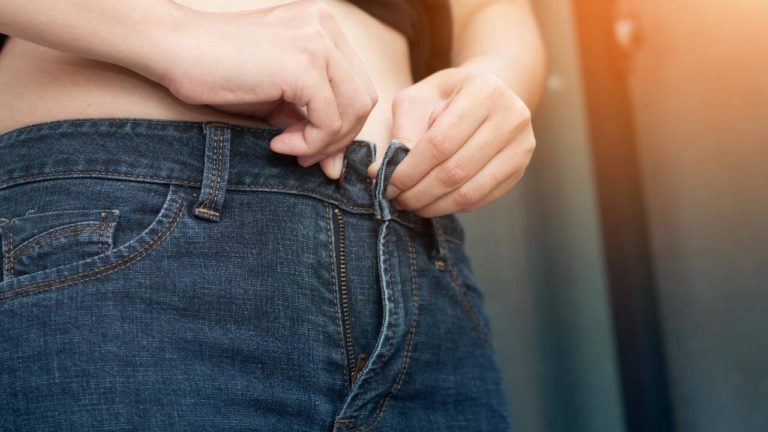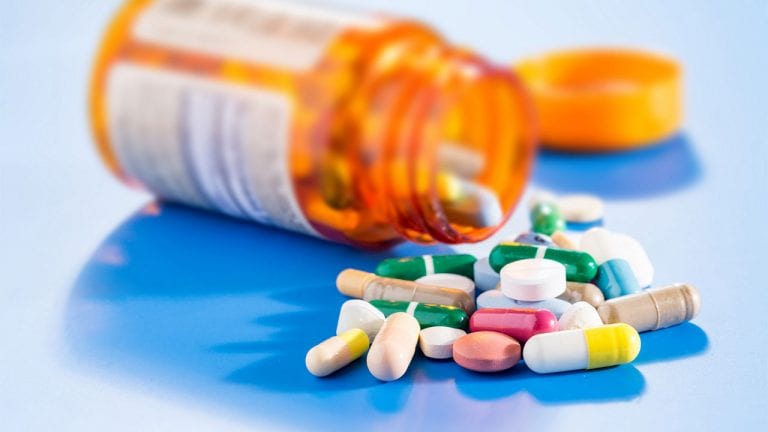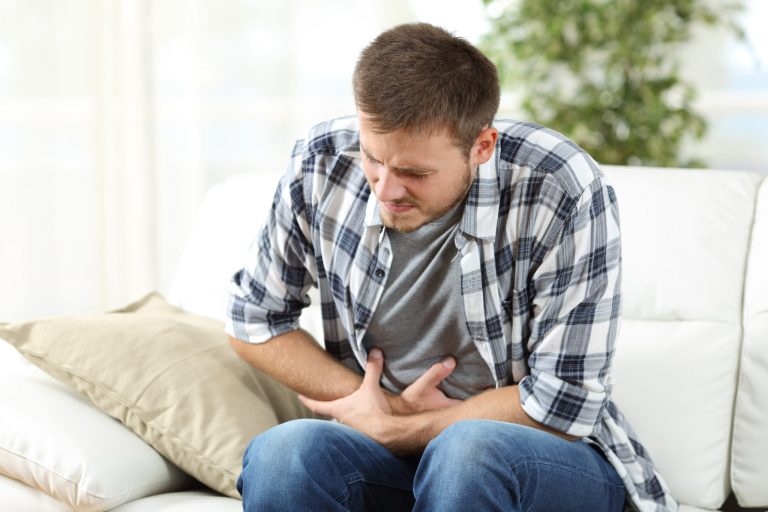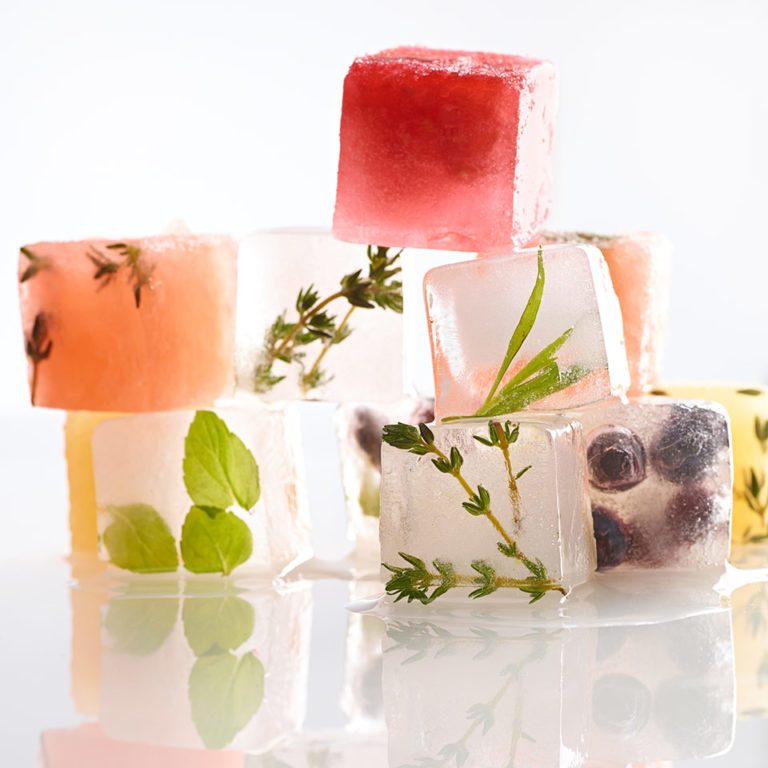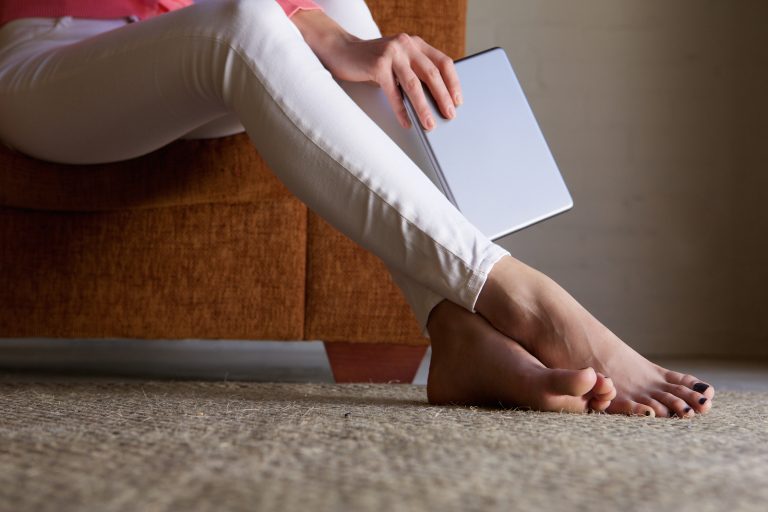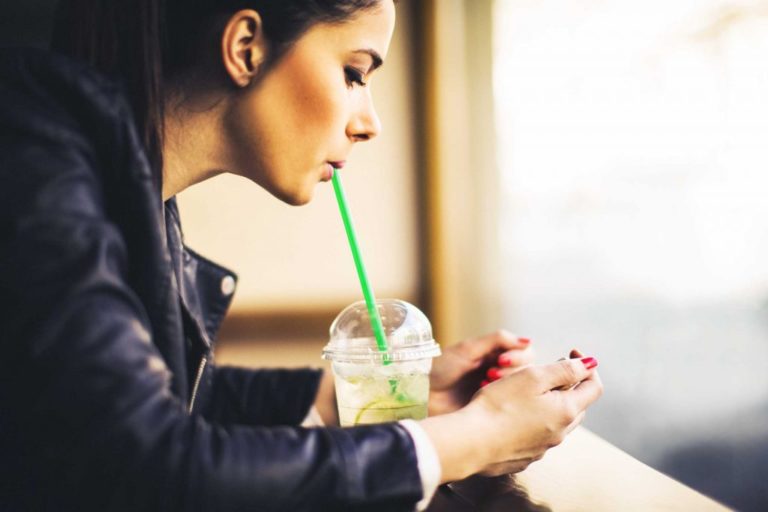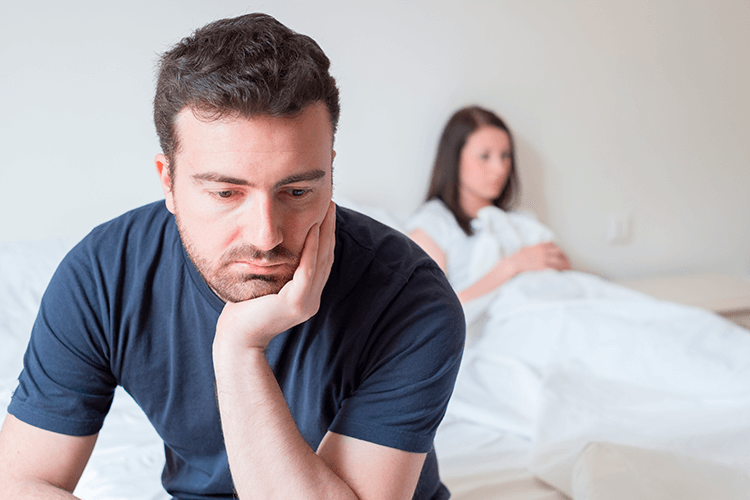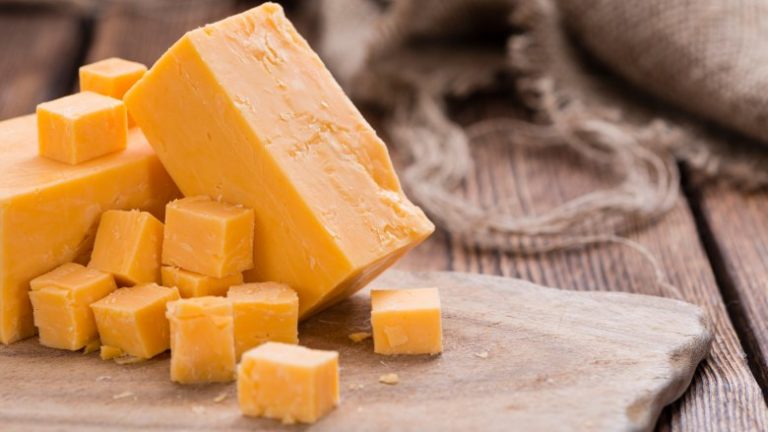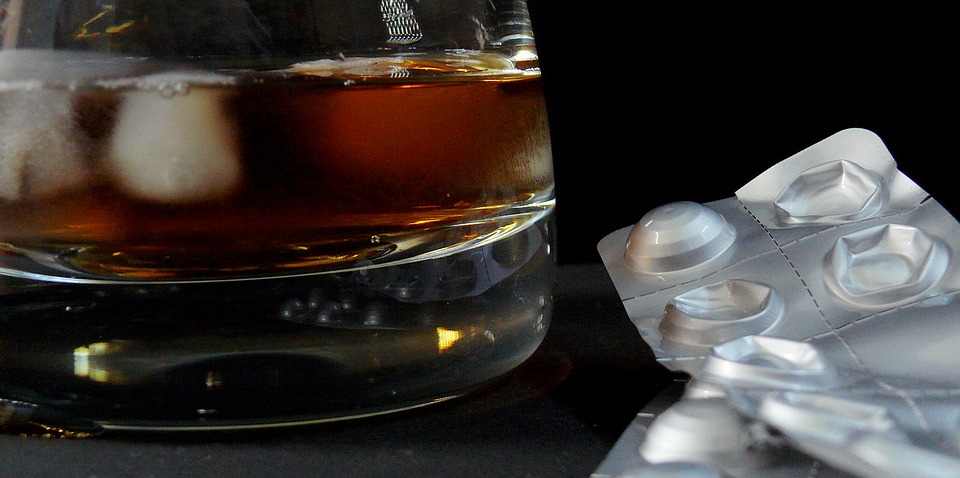
If you read the fine print on many FDA-approved over-the-counter substances, you’ll be familiar with a certain common warning: “Do not take with alcohol.” But you’re not alone if you don’t take heed. According to research conducted by the American Addiction Centers (AAC), more than 55 percent of people mix everyday OTC meds with alcohol.
This isn’t good, of course. Mixing booze with medication can cause a whole range of negative side effects, and can sometimes even go so far as to negate whatever benefits you’d get from the meds in the first place. In some cases, overdose can occur. To help ensure that doesn’t happen to you, we’ve rounded up all the substances that health experts say you shouldn’t combine with a drink. So read on, and remember to drink—or not drink—responsibly.
Morel mushrooms
Wine enthusiasts might suggest pairing morel mushrooms with a glass of earthy red wine, but you won’t find any doctors recommending the pairing. According to the Michigan Department of Community Health, morel mushrooms—especially if they’re raw or undercooked—coupled with alcohol will result in nausea and vomiting.
Energy drinks
Energy drinks are a twofold danger, when it comes to mixing with alcohol. For starters, caffeine isn’t the best thing to mix with liquor; it’ll perk you up, and dull the effects of alcohol, causing you to drink more than you perhaps need to. But, additionally, according to the Centers for Disease Control, those who mix energy drinks with alcohol tend to binge-drink more often and engage in other reckless activities like driving under the influence, having unprotected sex, and getting into fights that result in serious injuries.
Marijuana
According to the AAC, mixing marijuana with alcohol (“crossfading”) is dangerous. For one, drinking alcohol while using marijuana enhances the effects of the drug’s main psychoactive ingredients, THC, making it last longer in your system. Since your liver can only metabolize one substance at a time (and it always tackles alcohol first), your body won’t have the adequate time to break down the marijuana, causing it to stay in your system for hours on end.
But the biggest risk is that combining these two substances puts you at a higher risk of dehydration. Alcohol—as everyone knows—is a diuretic. And, according to recent research published in the Journal of Pharmacology and Experimental Therapeutics, marijuana is, too. Other possible issues include increased anxiety, hallucinations, and the possibility of liver and kidney disease occurring later in life.
Over-the-counter pain relief
Taking pain relief medication like Tylenol, Ibuprofen, and Aleve with alcohol won’t likely lead to any health problems in the immediate future. But, according to the folks at Ashwood Recovery, an outpatient treatment center in Boise, Idaho, mixing these two things frequently over a longer period of time can have serious repercussions.
Over time, if you find yourself often mixing over-the-counter pain relief medications and alcohol, you will likely begin experiencing symptoms like nausea, stomach bleeding, ulcers, a rapid heartbeat, and, most commonly, liver damage. When you begin mixing medications with alcohol, your liver uses more energy to process all of these substances at once—meaning that it’s far more likely you’ll experience liver damage in your life than someone who doesn’t mix alcohol and medications.
Opioid painkillers
On their own, opioid painkillers are deadly. In fact, drugs like Percocet, Vicodin, Demerol, and Fentanyl kill thousands of people each year, according to the National Institute of Drug Abuse. Mix them with booze, however, and they become even more deadly.
According to the AAC, the combination can result in severe drowsiness, extreme dizziness, breathing difficulty, impacted motor functions, memory problems, liver damage, and a higher likelihood of overdosing.
Muscle relaxers
Though muscle relaxers (think: Flexeril) on their own don’t typically pose any risks to your health, when combined with alcohol, they have the potential to inflict quite a bit of damage on your respiratory system, according to Ashwood Recovery. Muscle relaxers target the part of the brain that regulates the central nervous system. When that slows down, it sends a signal to your respiratory system to slow down, too. Combine that with alcohol, and you can quickly find it incredibly hard to breathe.
What’s more, if you’re in the habit of frequently mixing these two substances, then you’re in danger of doing permanent damage to your respiratory system. Basically, you’re repeatedly forcing your lungs to speed up and slow down and speed up and slow down, putting an immense amount of strain on your respiratory system with every stop and go.
Sleep aids
Though you’re already aware of the fact that you shouldn’t be driving or operating large machinery after taking sleep aids like Ambien, Lunesta, Prosom, Sominex, and Restoril (thanks in no small part to late-night infomercials), it’s important that you also realize what mixing these medications with alcohol can do to your body.
According to Ashwood Recovery, in the short-term, mixing these two substances will likely result in drowsiness, dizziness, breathing difficulties, impaired motor skills, and memory trouble. In the long-term, however, you can expect excessive damage to the liver and, in some cases, even an onset of addiction (to the sleeping pills).
Cough syrup
Similar to muscle relaxers, cough syrup works to suppress the cough reflex in the respiratory tract, essentially telling the respiratory system to slow down, according to Ashwood Recovery. As you can probably gather, combining the substance with alcohol poses serious risks to your health, and can cause you to experience trouble breathing—and can leave lasting effects on your respiratory system.
Mood stabilizers
Mood stabilizer medications that contain lithium, like Depakote, Eskalith, and Lithobid—which are used to treat mental disorders like bipolar disorder and manic depression—are incredibly strong drugs on their own. More than any other symptom that occurs when mixing these mood stabilizers with alcohol, you’ll find that your mental state plummets, according to Ashwood Recovery.
This occurs because alcohol effectively clashes with the lithium in the drugs, which is intended to regulate neurotransmitter production to help you feel more “stable.” But alcohol triggers the brain to create even more dopamine, and most patients on mood stabilizers don’t need any more of the chemical. On top of that, the combination can also result in drowsiness, dizziness, tremors, joint pain, muscle pain, and liver damage.



